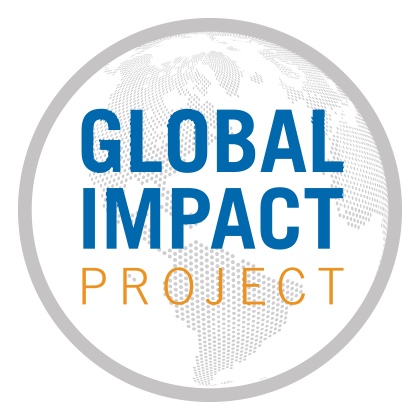Lasting Impact
Decades of progress have demonstrated that the end of NTDs is within reach. Already 50 countries globally have eliminated at least one NTD, marking the halfway to the target set forth in the World Health Organization Road Map for NTDs.
While challenges remain, thanks to global elimination efforts, the global burden of trachoma has been reduced by 92% since 2002, with an estimated 217.9 million people now believed to live free from the risk of trachoma. At the national level, 18 countries have officially eliminated trachoma as a public health problem and additional countries nearing elimination, including Burkina Faso, Burundi, Eritrea, Guatemala, Guinea Bissau, Mauritania, Senegal, and Vietnam—a testament to the collaboration between Pfizer, ITI, WHO and USAID, country governments and civil society organizations.
Efforts to eliminate NTDs are one of the most successful public-private partnerships in global health history, thanks to the commitment of USAID, private-sector pharmaceutical partners like Pfizer, and non-governmental partners such as RTI. To date, more than $29.9 billion in donated medicines have been donated to the countries supported by USAID’s NTD program.
For every $1 invested by the U.S. government, $26 have been leveraged in donated medicines, ensuring that treatments reach those in need.
More than just big numbers, these programs have improved the quality of life for hundreds of millions of people and strengthened sustainable, country-led programs around the world.






